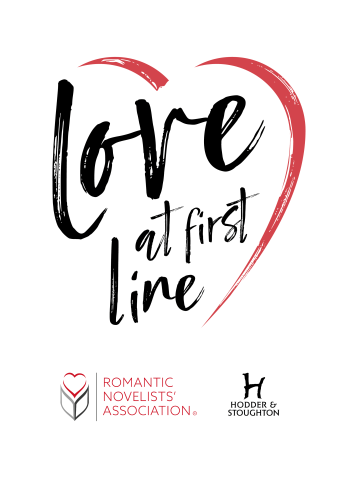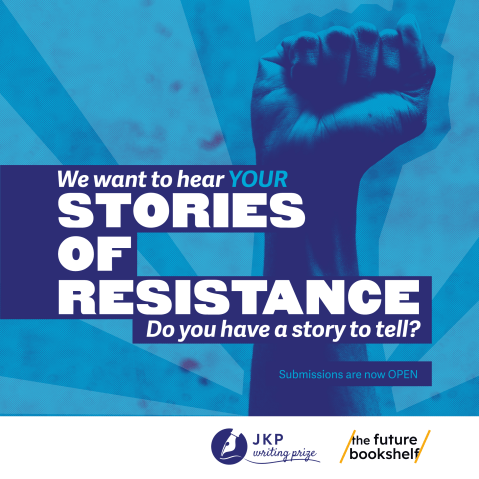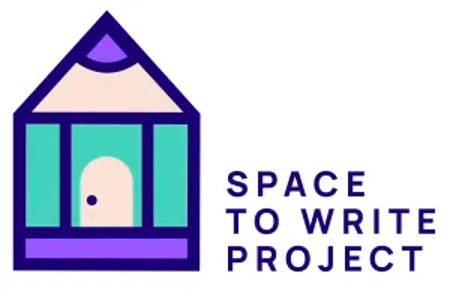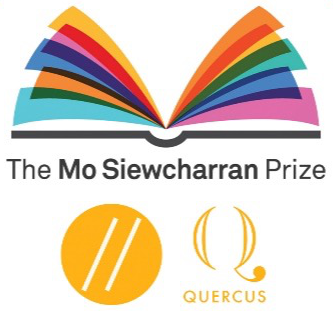Be Prepared for Rejection

From Get Your Book Published by Katherine Lapworth
Writing comes with a price – rejection. Every writer gets rejected at some point. If you meet an author who claims that they have never had a rejection, they are either the most extraordinary exception to the rule or they are not being entirely truthful with you. You may have read of the (now) famous authors whose work was rejected time and time again, among them Beatrix Potter, George Orwell and Agatha Christie.
Rejections are not pleasant but they will not kill you and you can learn from them.
Don’t expect to be given reasons for rejection. If there are any complements (or criticisms) about your work – take them at face value. Editors and agents tend not to give praise if they don’t mean it. If they have taken the time and trouble to give an indication of what they think about your work (even if it is a fairly negative comment), take it as a good sign. It is easier and quicker to send out a standard ‘thank you but no thank you’ letter; anything else is a positive. If there is advice that comes with rejection, take it and learn from it. Don’t send an angry or sarcastic letter/email back. Publishing is a small world and word will get round if you are abusive and unhelpful.
Equally, if you have had a rejected submission:
- do not keep resubmitting it in its ‘improved’ version to the same agent/editor – unless specifically asked to do so
- don’t phone up asking to discuss your book
- do not use the phrases from one rejection letter in your approach to another agent/editor (for example, ‘my book did not fit the list at Curtis Brown’) – phrases such as ‘does not fit our list’ are conventional
- do give yourself a bit of time to feel demoralized, miserable and unwanted, and then pull yourself together and do something positive with your book.
Reasons for rejection
In practical terms, literary agencies and publishing houses have to turn down most of what is sent to them; partly because they would not be able to take on 50 or 60 new authors each week. And partly because they are trying to peer into the future a year or two ahead and guess what will be selling in the book world then – and they do not always get it right.
A rejection is not personal. It is an individual reader’s response to what you sent in to them at that time. Generally, manuscripts are turned down because they are not what one person is looking for at that particular moment.
Give distance to the rejection before you do anything about it. Read your manuscript in a different place to where you wrote it. This gives you some perspective.
If you realize that rejection is part of the job, how you deal with it can become a positive and enriching experience. One writer no longer uses the word ‘rejection’; she calls them ‘remarketing opportunities’. Try not to dwell on the negativity of the rejection. Treat it as a red alert, warning you that something is not quite right yet.
- Was it really the best it could be in every way?
- Were all the facts (contact details etc.) correct?
- Did you check that the agency/publisher was taking unsolicited submissions?
- Was your presentation professional, clean and tidy?
- Was your pitch strong enough?
- Had you researched the market properly?
- Were there any spelling mistakes and was the grammar and punctuation spot on?
Take a long hard look at what you sent out, be prepared to rework it and send it out again or put it aside and start anew. Agents and editors tend not to want to work with writers who may have a book in them but it is just not there yet. They want as near to the finished article as possible. Michael Ridpath wrote and rewrote his first thriller, Free to Trade, three times before he sent out a synopsis to agents. It was picked up by literary agent Carole Blake, who got five publishing houses bidding for it in an auction (won by Heinemann for a six-figure deal) and sold the rights in 35 territories.
Literary consultants
A literary consultant will assess and give feedback on a writer’s manuscript for a fee. Choose your literary consultant carefully. It would be very easy to take a writer’s money even though their work really has no hope of ever getting published. Literary consultancies should, like an agent, be there to help you make money (i.e. sell your work) rather than just take your money. Writers’ forums, word of mouth and agent referrals are a good way of finding a good literary agency, and many, like Cornerstones, will offer free analysis of your synopsis and the first ten pages of your manuscript.
The following have all been rated by agents and editors as offering reputable service:
- Cornerstones (www.cornerstones.co.uk)
- Hilary Johnson (www.hilaryjohnson.com)
- The Literary Consultancy (www.literaryconsultancy.co.uk)
- The Writer’s Journey (www.juliamccutchen.com).
If you’ve reached the end of your journey with The Future Bookshelf and found yourself unclear as to next steps, don’t be discouraged. Seek feedback, revisit your work, explore your options and continue developing your work. The right opportunity could be around the next corner.





